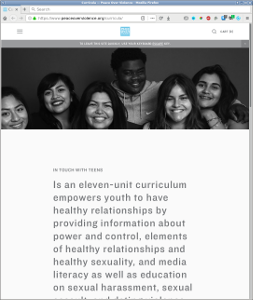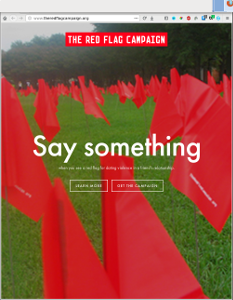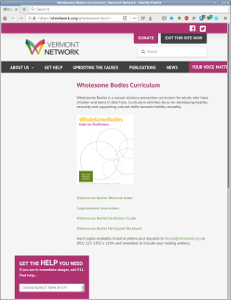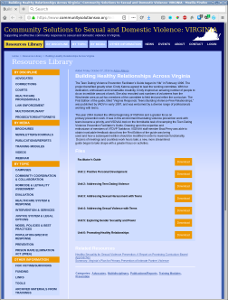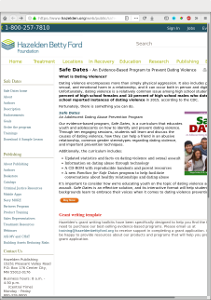Intended to reduce instances of violence among diverse groups of youth by focusing on healthy relationship skills and bystander accountability. Developed and implemented in Los Angeles by Peace Over Violence.
- Prevention
- Working With Survivors
- Accreditation
- Advocacy Areas
- Culturally Specific
- Legal Resources
- Management
- Medical Resources
- SA Protection Order
- Subpoenas
- Support Groups
- Tech Safety
- Resources
- Policy
- Training
